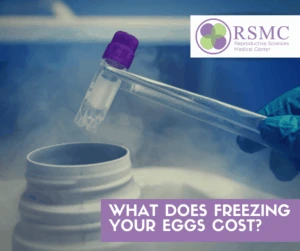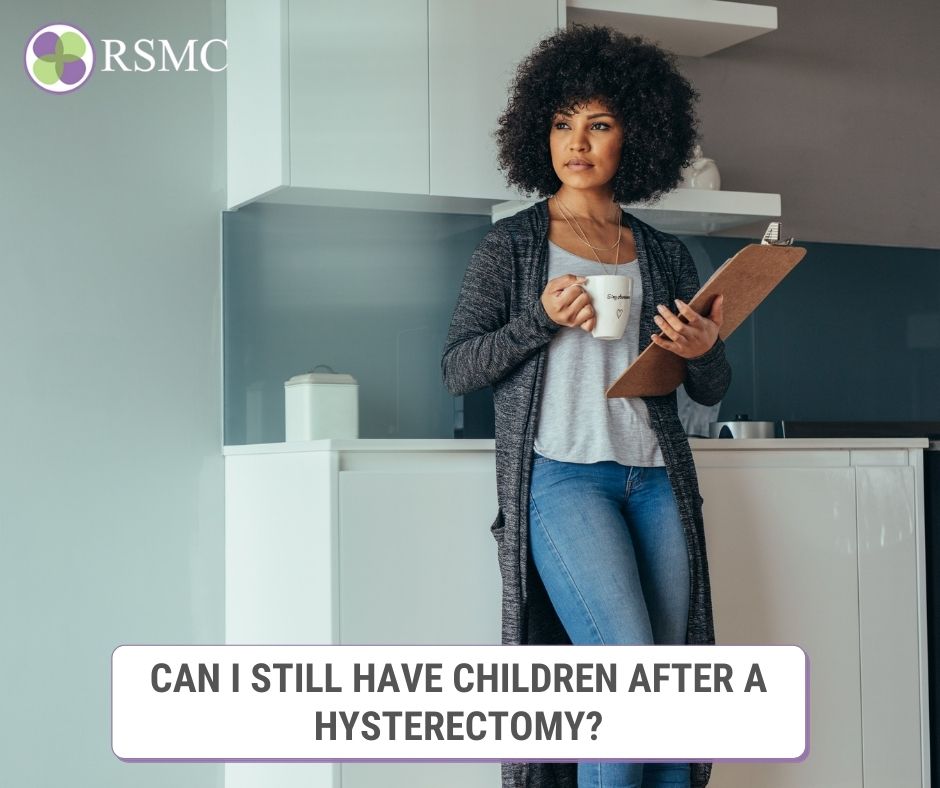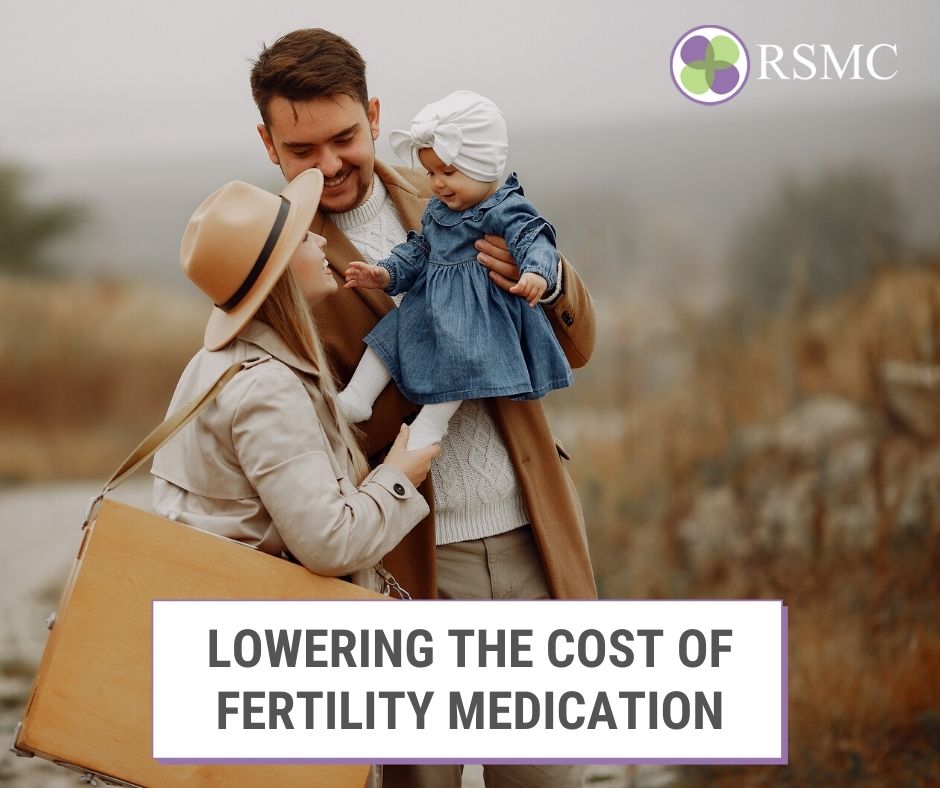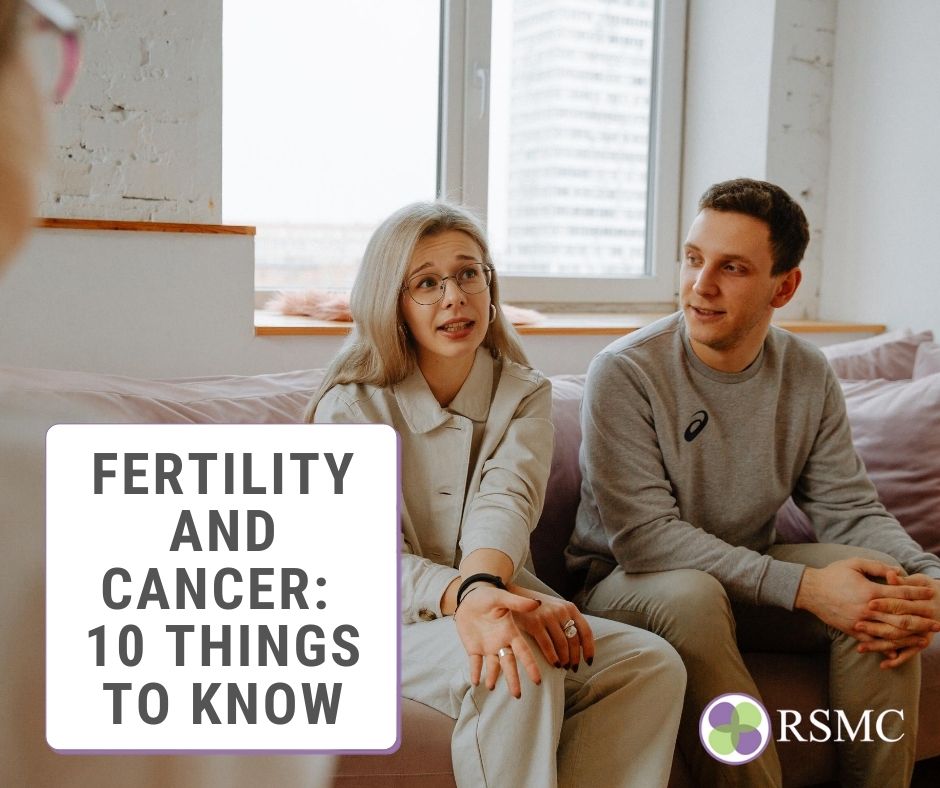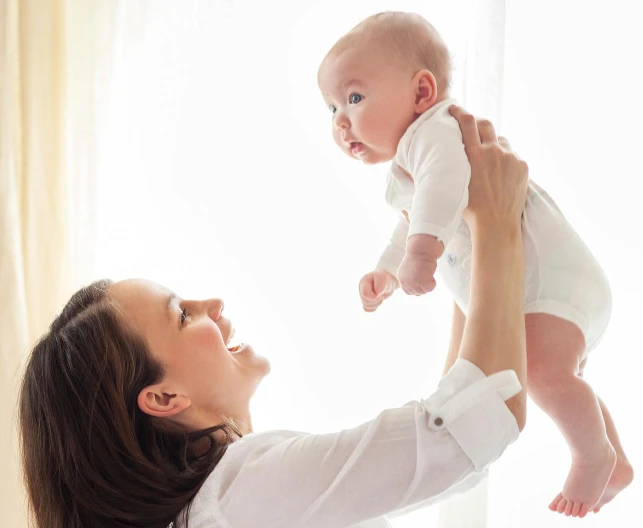Understanding the Egg Freezing Process
Egg freezing, or “oocyte cryopreservation,” is a way of slowing down the clock and preserving women’s fertility so they can have a family in the future. Age-related fertility problems are among the most common issues that a fertility clinic treats, mainly a decrease in egg quality and quantity.
Degradation in the quality of eggs due to age is a consistent factor in women’s fertility. At birth, most people with uteruses will have about two million eggs. By adolescence, that figure goes down to about 400,000, and by age 37, only 25,000 immature eggs remain. By the age of 51 — when women typically enter menopause — they only have around 1,000 immature and infertile eggs.
The median age of first-time mothers in the year 2000 was 21; In 2019, in New York and San Francisco, the average age of first-time mothers was 31 and 32. Over the last few years, socio-cultural changes have caused millions of women to defer childbearing to later in their lives. This circumstance presents challenges when these women are finally ready to start their families.
Women are most fertile when they are below thirty years of age. In some ways, age is the ultimate marker of fertility. Preserving your fertility via egg freezing gives you the best chance of conception and live birth in the future before it becomes too late to use your eggs.
Apart from age-occasioned egg freezing, you might also consider egg freezing if:
- You have a circumstance or health condition that may impair your fertility. These might include sickle cell anemia, lupus, various auto-immune disorders, gender reassignment, etcetera.
- You require treatment for cancer or another illness that might affect your ability to conceive: Medical treatments such as radiotherapy and chemotherapy can severely harm fertility. Egg freezing before undergoing this procedure can allow you to have biological offspring later.
- Undergoing In-vitro Fertilization: If you are perhaps an individual who prefers to freeze their eggs instead of fertilized embryos due to religious or ethical reasons.
Whatever the reason you are considering starting oocyte cryopreservation (egg freezing), we outline a detailed roadmap of a typical egg freezing treatment. Our guide will help you understand what’s involved and weigh your options.
The Egg Freezing Process
Pre-Cycle Preparation
Before the commencement of a treatment cycle, medical examinations are required.
They include:
- Blood tests
- Ovarian reserve testing to determine the quantity and quality of your eggs
- Test for the concentration of follicle-stimulating hormones and estradiol — estrogen usually produced by the ovaries — on day three of your menstrual period
- Pelvic examination
- Transvaginal ultrasound
- Infectious disease screening
- In some instances, a hysteroscopy — a procedural examination of the uterus
Your physician will analyze and use the test results to create an individualized treatment protocol.
Stage 1: Ovarian Suppression
Ovarian suppression is a method used to turn off your natural hormones temporarily with birth control medication. Usually, the ovaries release just one egg per ovulation cycle. Egg freezing aims to produce many mature eggs, so your body will be prompted to make multiple eggs for retrieval.
Step 2: Ovarian Stimulation
Your egg freezing protocol will begin with a course of hormonal medications that will stimulate your ovaries. The hormones include:
- Ovarian Stimulation Medications: You might self-inject follitropin alfa or beta (Follistim AQ and Gonal-f) or menotropins (Menopur).
- Anti-Premature Ovulation hormones such as Leuproline Acetate (Lupron Depot) or Cetrorelix (Cetrotide)
Ovarian stimulation has two purposes: to plan your ovulation so that the egg retrieval process can be performed at the right time and to generate as many eggs as possible. You typically only produce one mature egg in a natural ovulation cycle. When you are freezing your eggs, it is better to maximize the number of eggs available.
Patients will start taking fertility medications on the third day of their period and continue them for 10 to 12 days. During this time, you’ll need to visit our clinic several times for blood tests and ultrasound monitoring so that the team can keep an eye on how your follicles are developing.
Once there is a good number of mature follicles to produce eggs, you’ll receive a ‘trigger shot’ of HCG (human chorionic gonadotropin). HCG will encourage eggs to finish maturing, and the doctor will schedule your egg retrieval procedure for approximately 36 hours later.
Egg Retrieval
The egg retrieval process is done as an outpatient procedure under IV sedation at the fertility clinic. The sedation you receive will be a mild anesthetic so that you won’t feel any pain during the egg retrieval. It takes around 20 -30 minutes to complete the retrieval procedure. A transvaginal ultrasound probe gives the physician a clear view of your ovary. The probe’s internal view allows them to precisely locate each follicle, allowing them to retrieve the maximum number of eggs.
You can expect to be at the clinic for 1.5 to 2.5 hours. You will complete paperwork and undergo preparation and recovery after the procedure. You should take the rest of the day off to allow your body to recover. Recovery is generally fast and easy, you might feel slight abdominal bloating and tenderness, but that will pass quickly.
Freezing
Once your eggs are retrieved, your part in the process is complete. Upon retrieval, an embryologist takes your eggs to the lab, where they are cooled instantly to sub-zero temperature. These frozen eggs are then placed in a particular storage facility until you decide to use them.
In recent times, the most common method of freezing eggs is a process called “Vitrification.” Vitrification freezes eggs so rapidly that the water molecules don’t have time to form ice crystals instead of solidifying into a glass-like structure.
Conclusion
Whether you’re waiting for your career to take off, waiting for the right relationship to develop, or undergoing a treatment that might adversely affect your fertility, freezing your eggs provides the potential to preserve your fertility until you’re ready. To learn more about your fertility options or the egg freezing process, contact one of our consultants today at www.fertile.com or call us at (858) 215-6940.


